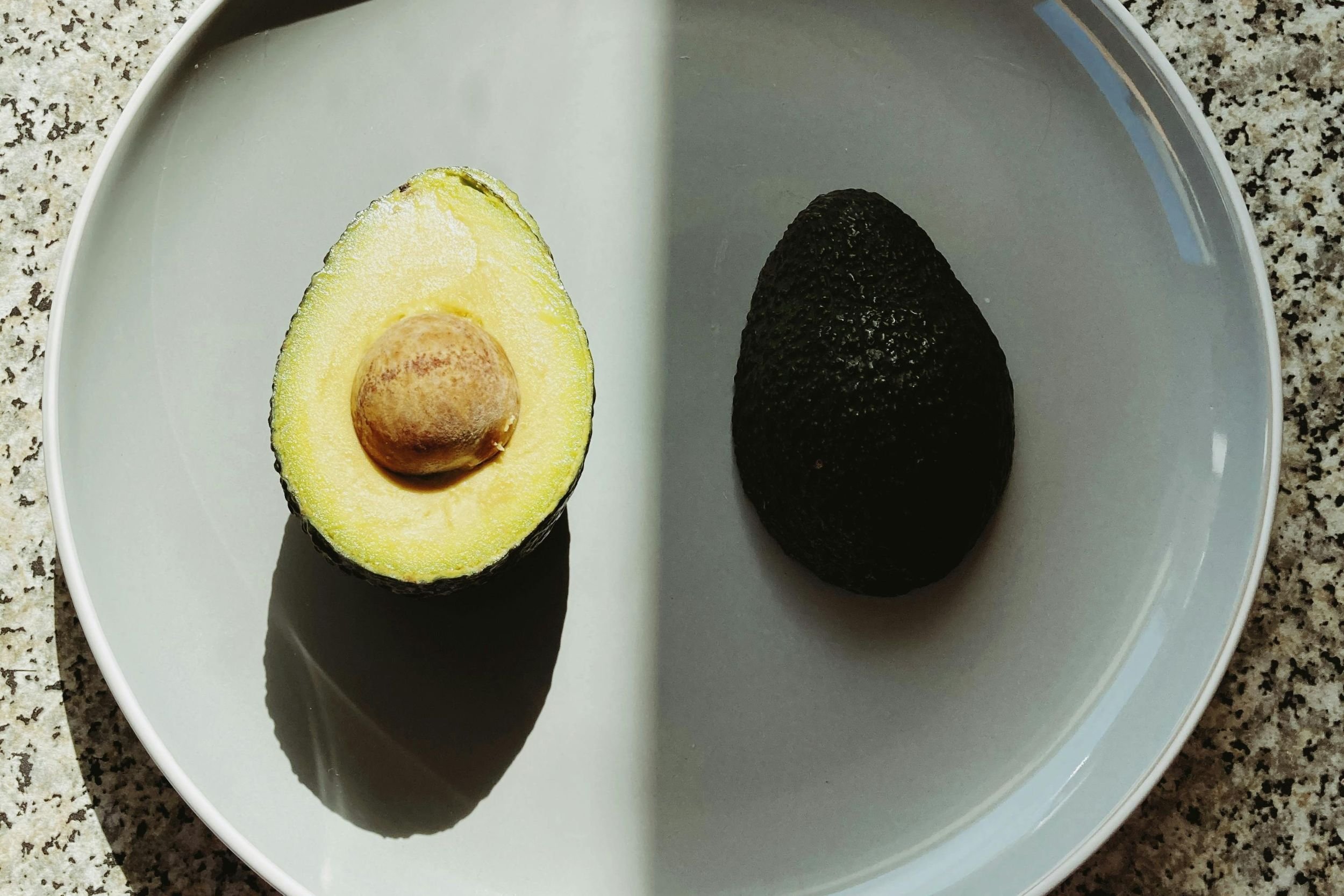Intermittent Fasting For Energy: An Overview
You may have heard about intermittent fasting (IF) for its potential to support longevity and overall health. The practice also has potential for supporting sustained energy. But how exactly does it work, and is it right for you?
There are a number things to consider, especially when using as a tool for improving energy, so here’s a quick summary of the basics.
3 Things To Know About IF
Intermittent fasting is not a diet. Rather, it’s an eating pattern that cycles between periods of eating and fasting. The most popular approach is with a daily adjustment to your eating window, for example the 16/8 Method: Fasting for 16 hours and eating within an 8-hour window.
The potential benefits to intermittent fasting lie within the way it impacts our body’s energy production. By switching between burning glucose and fat—during the fast when glycogen stores are depleted—this may support an increase in metabolic flexibility and can support stable energy levels throughout the day.
Our body’s natural cleanup mode of autophagy is one that can be supported through extended periods of fasting. This is something that naturally occurs during the night in a restful sleep. Essentially, our body’s recycling system at the cellular level, autophagy is an important way our body clears the clutter while working to eliminate any pathogens in a cell, such as viruses or bacteria, that can lead to damage.
How Intermittent Fasting Can Impact Energy
Supporting Metabolic Flexibility
As fasting may enhance your body’s ability to switch between burning glucose and fat for fuel, this can allow our body to be more efficient in energy production throughout the day and keep us feeling more balanced.
Supporting Mitochondrial Function
Fasting can promote mitochondrial efficiency and increases the production of new mitochondria, which are the powerhouses of your cells and the site of energy production.
Reduced Inflammation
Intermittent fasting may support a reduction in oxidative stress and inflammation, both of which are linked to fatigue.
Better Blood Sugar Control
By supporting balanced insulin sensitivity, intermittent fasting can help stabilize blood sugar levels which has a direct impact on energy crashes.
How Can You Determine Whether IF Is Right For You?
While the potential benefits are pretty wonderful, intermittent fasting isn’t for everyone. It’s important to consider your lifestyle, health conditions, and personal preferences. Here are some factors to consider:
Lifestyle Compatibility
IF can be flexible, but it requires adjusting meal timing, which might not suit everyone’s schedule.
Health Conditions
If you have a medical condition, such as diabetes or low blood pressure, consult your doctor to understand whether IF is right for you.
Personal Preferences
Some people thrive on structured eating patterns, while others find fasting stressful and restrictive. Listen to your body and choose what feels best for you.
If You Have A Menstrual Cycle
Hormone fluctuations in the menstrual cycle may not be conducive to a single IF schedule. Dr. Mindy Pelz, author of Fast Like A Girl, has developed a cycle specifically designed for this. With three distinct phases, the Power Phase, the Manifestation Phase, and the Nurture Phase, the approach to fasting is aligned with different hormonal stages to support health benefits. For example, as of day 20, Dr. Pelz recommends a period without fasting to nurture progesterone levels. While in support of optimizing the practice of IF and truly being in tune with one’s cycle, this adds a layer of complexity to the schedule for intermittent fasting.
Ultimately, intermittent fasting has been studied to show potential power in boosting energy and supporting overall health. It can support metabolic flexibility and mitochondrial function, and may even be a tool for some people to stabilize blood sugar. All of these have the potential power to support maintaining steady energy levels. But if it’s not the right fit for your lifestyle—that’s okay! What works for your neighbour down the street may not work for you. Nutrition should be personal. It’s simply one method to support energy levels, not the only way.

